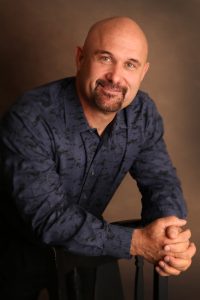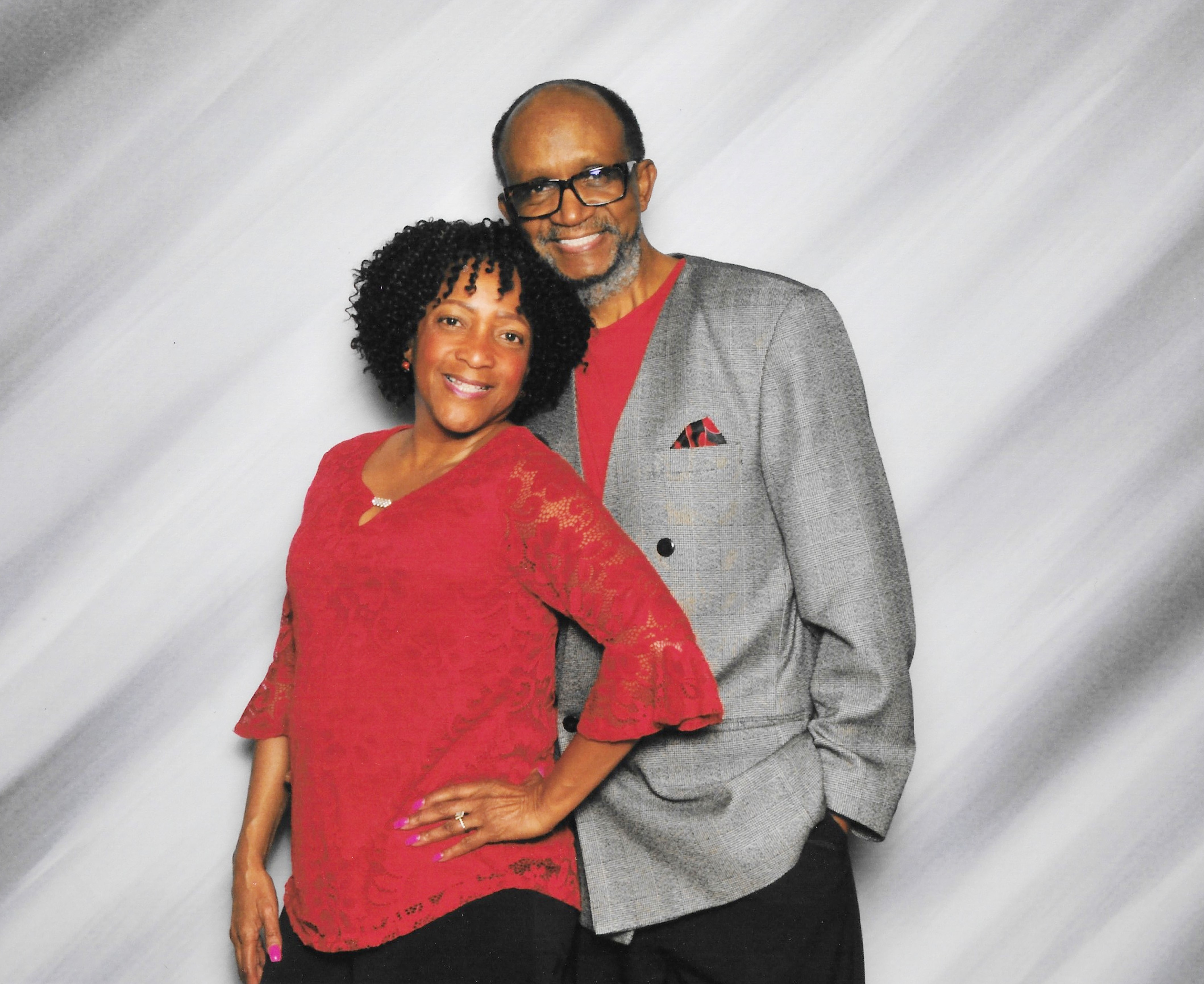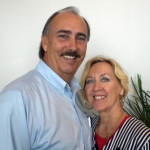As the world marks the seventy-fifth anniversary of the famous Roswell UFO incident, humanity is primed and ready to welcome ET. This is especially true in America, which has clearly moved into a post-Christian era. Some argue it’s already gone beyond that into openly anti-Christian territory, which isn’t hard to believe if you pay attention to the news. So, in a nation where the concepts of sin and salvation are obsolete, a belief system that offers salvation without sin is perfect. The ET gospel sells because guilt feels bad, thinking is hard, and the only sin in a postmodern world is telling someone else their worldview is flawed.
Doctrine in this ET religion is built on scraps of evidence, some of it contradictory, and since there is no central office to enforce orthodoxy, believers are free to read into their “gods” just about anything they want.
Christians, on the other hand, believe in a deity who told his followers to love God with all their hearts, souls, and minds.
You might be surprised to learn that about a third of American adults believe it’s “somewhat” or “very” likely that we’ve been visited by an ETI while only 10% of us have a biblical worldview.
This would be just another topic for talk shows if it wasn’t for one critical fact: The UFO phenomenon isn’t scientific, it’s spiritual. What’s truly distressing, though, is that most of the people who think they have a biblical worldview really don’t. According to Barna’s 2017 survey, “only 17 percent of Christians who consider their faith important and attend church regularly actually have a biblical worldview.”
In other words, 83% of regular churchgoers don’t believe all the key tenets of the Christian faith. For most Christians, the faith is a spiritual buffet where you can load up on the things you like and ignore the things you don’t.
It’s important that we define our terms, especially when we’re dealing with what people believe about eternity. There are huge gaps between what people say and what they believe and do. For example, when people were asked if they had a “biblical worldview,” 46% of Americans said “yes.”
So, what is a biblical worldview? According to Barna:
[A] “biblical worldview” was defined as believing that absolute moral truth exists; the Bible is totally accurate in all of the principles it teaches; Satan is considered to be a real being or force, not merely symbolic; a person cannot earn his way into Heaven by trying to be good or do good works; Jesus Christ lived a sinless life on earth; and God is the all-knowing, all-powerful creator of the world who still rules the universe today. In the research, anyone who held all those beliefs was said to have a biblical worldview.
In other words, a “biblical worldview” is basic Christian doctrine—Christianity 101. But digging deeper into Barna’s findings over the last decade or so is eye-opening for serious Christians. For example:
- 61% agree with ideas rooted in New Spirituality [i.e., New Age teachings].
- 54% resonate with postmodernist views.
- 36% accept ideas associated with Marxism.
- 29% believe ideas based on secularism.
Among the concepts drawn from New Spirituality that have entered the Church, Barna found that about a third of American Christians strongly agree that “if you do good, you will receive good; if you do bad, you will receive bad.” More than a quarter (28%) strongly agree with the statement “all people pray to the same god or spirit, no matter what name they use for that spiritual being.”
Now, we’re not into Sacred Name nonsense, the belief that you must call God by His correct name or you’re accidentally praying to a pagan deity, but the percentage of Christians who agree with that statement should be zero. Jesus is not Allah, Vishnu, Odin, or Zeus.
The influence of postmodernism is reflected in the finding that 23% of America’s practicing Christians strongly agree that “what is morally right or wrong depends on what an individual believes.” Really? Even for Stalin, Pol Pot, and Hitler?
Worse, Millennials and Generation Xers are up to eight times more likely to accept these competing worldviews than their elders. Men, who should be the spiritual heads of their households, are twice as likely to be open to these views as women.
Consider this: Donald Trump was elected president at least in part because of his platform to address border security and unrestricted immigration, especially from Islamic nations. Conservative Christians are aware of the potential conflict from importing millions of Muslims into a predominantly (if only in name) Christian nation.
As of this writing, Muslims make up slightly more than 1% of the American population. Imagine the outcry if one of every three people you saw on the street believed a religion that was completely alien to the gospel of Jesus Christ!
Too late. They already do. But because the face of this faith is an ETI rather than Ayatollah Khameini, the church ignores it.
If you doubt that the UFO phenomenon is a religion, check out one of the major UFO festivals sometime. People travel great distances to Roswell, New Mexico; McMinnville, Oregon; Kecksburg, Pennsylvania; and other places hosting festivals and conferences to celebrate the possibility of ETI contact. You’ll find a heavy New Age presence at these gatherings. Besides tarot card readings and healing crystals, a strong desire to meet our “space brothers” is evident among many of the pilgrims who’ve made the journey.
In short, you encounter people searching for answers to the big questions that have haunted humanity since very early in our history: Where do we come from, why are we here, and where do we go when we die?
We shouldn’t be surprised that belief in ET has been growing in America over the last seventy-five years. For at least twice that long, most leading thinkers in the secular realm have embraced modernist and postmodernist thought. Modernists believe that science is the only reliable tool for finding truth, while postmodernists, on the other hand, believe truth is unknowable.
You can see why neither of those philosophies are friendly to a Christian worldview. We believe in an invisible God who spoke the universe into existence. As a supernatural being, He defies observation and measurement through natural means. And a God who defines objective truth—as in, “I am the Truth”—is anathema to postmodernists.
We Americans have been soaking in postmodern philosophy since about the 1930s. Thanks to the influence of this self-refuting philosophy on our education system, most of us are unprepared to demand actual evidence for extraordinary claims like, “We’re being visited by extraterrestrials.” Yes, there are many witnesses of strange lights in the sky, video of aerial objects moving faster than any known human aircraft, and a handful of physical evidence such as strange metallic implants removed from contactees. None of that, however, is proof of extraterrestrial origin.
Instead, most of us choose to ignore a belief system that’s lured in a third of our friends and family members, which is something we’d never do if the face of ET featured horns and a goatee.
Thanks to postmodernism, which has taught too many of us that our beliefs are wrong if they hurt someone else’s feelings, we let the claims of UFO believers stand without critical examination. We’ve been conditioned to believe truth is relative, filtered through personal experience and shaped by our culture. I have my truth, and you have yours. Our truths can be mutually exclusive and contradictory, and yet both can still be “true.”
That is, of course, ridiculous. Christian apologist Ravi Zacharias tells the story of a college professor who argued that India, unlike the West, rejects either-or logic. In India, the scholar insisted, salvation is not either Christ or nothing else, it’s both-and—both in Christ and other ways.
Zacharias ended the debate with a simple question: “Are you saying that when I’m in India, I must use either the ‘both-and logic’—or nothing else?”
The professor thought for a moment. “The either-or does seem to emerge, doesn’t it.”
Zacharias replied, “Yes, even in India we look both ways before we cross the street because it is either me or the bus, not both of us!”
A physicist friend recently encountered a more extreme example of postmodernist thought. While teaching a college physics class, an African-American student responded to Newton’s Law of Universal Gravitation by saying it didn’t apply to him because it was a white man’s law. Once our friend, who doesn’t suffer fools gladly, realized the young man wasn’t kidding, he invited the budding scientist to join him on the roof of the four-story building to put his theory to the test—by jumping.
For his remark, our friend was compelled to endure several sessions of sensitivity training. But you get the point—we can’t be content to dismiss the UFO phenomenon by saying, “Jesus works for me, but everyone has to find their own path to God.”
Propositional truth—claims that can be tested by logic and evidence—exists. Christianity is based on propositional truth. Example: Jesus is God. Since Jesus said no one comes to the Father except through him, then there are no other paths to God. This being true, following the ET highway to its destination can have eternal consequences.
And if a third of America believes ET is out there, and three-quarters of us believe there’s evidence of ETI contact, then the odds are that at least a few members of your church buy into the ET gospel. As we noted above, there are more Americans who believe in ET than in the God of the Bible.
Think about that. There are more of “them” than there are of “us.”
It’s long past time to stop treating the ET gospel as a harmless fringe belief that doesn’t hurt anyone as long as it’s not taken too seriously. It is, in fact, a pagan sci-fi religion tailor-made for the twenty-first century.
Derek Gilbert Bio
Derek P. Gilbert hosts SkyWatchTV, a Christian television program that airs on several national networks, the long-running interview podcast A View from the Bunker, and co-hosts SciFriday, a weekly television program that analyzes science news with his wife, author Sharon K. Gilbert.
Before joining SkyWatchTV in 2015, his secular broadcasting career spanned more than 25 years with stops at radio stations in Philadelphia, Saint Louis, Little Rock, and suburban Chicago.
Derek is a Christian, a husband and a father. He’s been a regular speaker at Bible prophecy conferences in recent years. Derek’s most recent book is The Great Inception: Satan’s PSYOPs from Eden to Armageddon. He has also published the novels The God Conspiracy and Iron Dragons, and he’s a contributing author to the nonfiction anthologies God’s Ghostbusters, Blood on the Altar, I Predict: What 12 Global Experts Believe You Will See by 2025, and When Once We Were a Nation.





